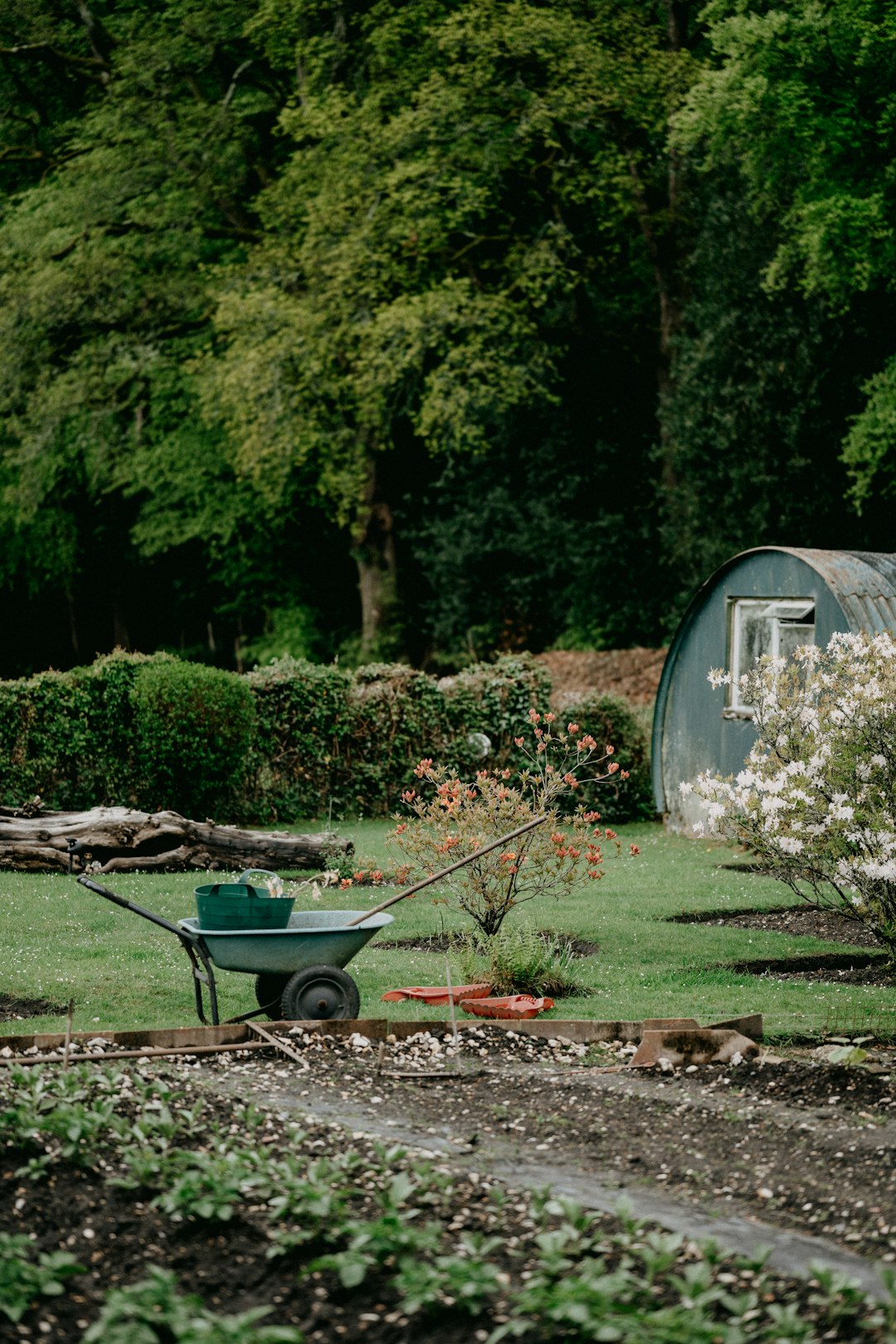Watering Your Garden the Right Way: A Masterclass
Properly watering your garden is a crucial aspect of maintaining a healthy and vibrant outdoor space. By understanding the best practices and techniques for watering, you can ensure that your plants thrive and continue to beautify your surroundings. In this masterclass, we will explore the key principles and strategies that will help you become a watering expert.
Timing is Everything: One of the most important factors to consider when watering your garden is the timing. Watering early in the morning or late in the evening is recommended, as it allows the plants to absorb the moisture before the heat of the day evaporates it. Additionally, watering during these cooler times reduces chances of fungal diseases, as the leaves have ample time to dry.
The Right Amount of Water: Providing your garden with the right amount of water can make a significant difference in its overall health. Over-watering can lead to root rot and other issues, while under-watering can cause stress and dehydration. The general rule of thumb is to water deeply but infrequently, allowing the water to penetrate the soil and reach the plant’s roots. Pay attention to signs of stress such as wilting leaves, and adjust your watering schedule accordingly.
Water Coverage: Ensuring that the entire root zone is adequately watered is essential. This involves watering around the plant in a circle, gradually widening the circle as the plant grows. For established plants, water at the drip line, where the outermost branches extend. This technique ensures that the roots receive the necessary hydration for optimal growth and development.
Watering Techniques: The way you water your garden can also impact its overall health. Avoid watering overhead, as this can lead to the spread of disease and can be less efficient. Instead, opt for methods such as drip irrigation and soaker hoses, which deliver water directly to the roots while minimizing water wastage. These techniques also help to conserve water, making them environmentally friendly choices.
Mulching: Using mulch around your garden plants is an excellent practice to regulate moisture levels and reduce water loss through evaporation. Mulch acts as a natural insulator, helping to keep the soil cool and moist. It also suppresses weed growth, preventing competition for water resources. Apply a layer of organic mulch, such as wood chips or straw, around your plants to reap these benefits.
Monitor and Adapt: Each garden is unique, and factors such as soil type, plant species, and weather conditions can influence watering requirements. Regularly monitor your garden’s moisture levels by checking the soil with your finger or using a moisture meter. Adjust your watering schedule as needed to ensure optimal hydration for your plants.
By following these masterclass tips, you can become a pro at watering your garden effectively. Remember to consider timing, water coverage, techniques, and adaptability. With a little practice and observation, you’ll soon notice how your garden flourishes under your care. Enjoy the rewarding experience of nurturing your plants and reaping the beautiful rewards of a well-watered garden!

